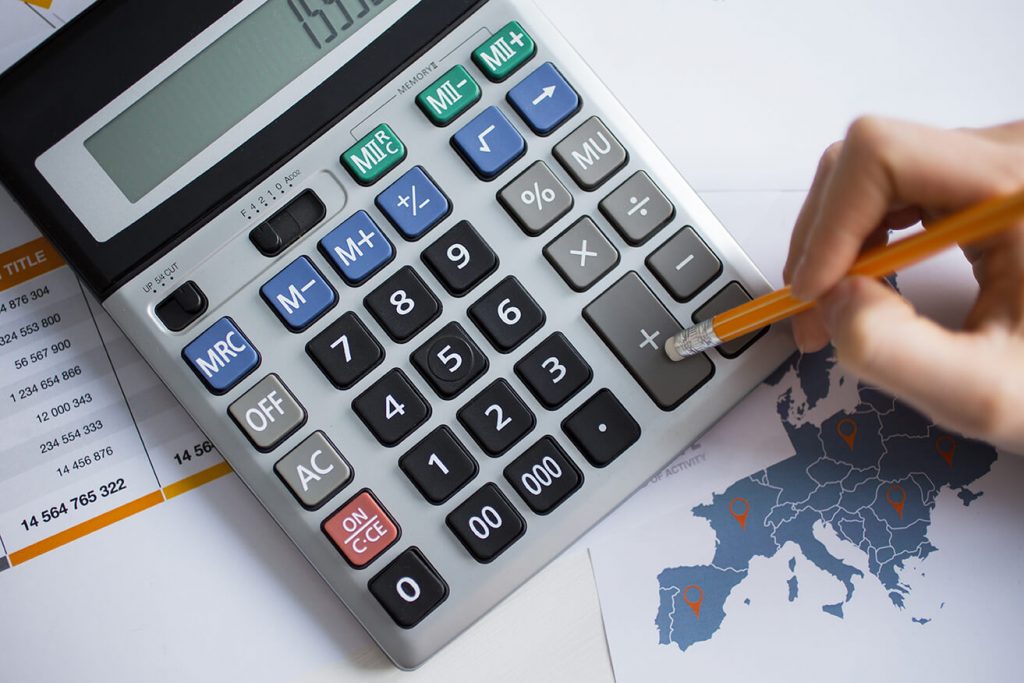-
By miguel-ingles
- In Uncategorized
Most corporations in the UK must file their annual accounts to the Companies House and to His Majesty’s Revenue and Customs (HMRC) with the goal of showing the business’ financial health and to determine the Corporation Tax rate owners will have to pay. In this article, I will explain the annual accounts of a British Company.

What are the Annual Accounts
As I said in the introduction, the documents that form the annual accounts prove the financial health of a business. They must include information about profits and losses during a fiscal year, a balance sheet, a director’s report, an auditors’ report and the state of cash flows, among other things. The company must hand them to the Companies House, the HMRC and the corporation’s shareholders.
The annual accounts will determine the Corporation Tax rate owners must pay. You will find more information about taxes the companies must pay in the UK in this article.
Every private or public limited liability company must file their annual accounts. However, there are exceptions for full liability businesses. If it is a subsidiary of a limited company, it operates in the bank or insurance sectors (or it is the parent company of one that do business in any of the previous fields) or any of its member is a limited company, they will have to present their annual accounts.
These documents can serve to measure the financial development of a business and to take decisions about its future.
When I Should File Annual Accounts of a British Company?
The company must deliver annual accounts to Companies House after 21 months of its formation. They will cover the first 12 months, starting from the date of incorporation and ending on the accounting reference date.
Each company gets its own accounting reference date after registering into the Companies House. This will be the last day of the month the founding members incorporated the business. For example, if they registered it on the 8th of November 2024, the accounting reference date is the 30th of November, and will remain onto this day unless the company wants to change it.
The company must finish their annual accounts before the corresponding accounting reference date. Public companies will have a 9-month margin to file them and private companies, a 6-month window.
Balance Sheet and Profit and Loss Account
A balance sheet is a document that shows a company’s financial health within a specific accounting period. In it, the business reflects its properties, debts and its funding scheme. It is the main indicator of liquidity, financial stability and a corporation’s value.
The profit and loss account gathers every transaction the company has made during a specific accounting period. It shows product sells and expenses (rents, business expenditures, salaries, taxes, etc.)
These two documents are the most relevant included in the annual accounts.
Other Types of Annual Accounts of a British Company
Annual Accounts of a Small British Company
Small companies can file simplified annual accounts. These must include a balance sheet and notes about the accounts. To be considered a small company, it must comply with two of the following requirements: an annual income lower than 10 200 000 GBP, a balance sheet lower than 5 100 000 GBP or having less than 50 employees working at the business.
Annual Accounts of a British Micro-Company
Are like small company’s annual accounts, but with even fewer requisites. To be considered a micro-company, it must comply with two of the following requirements: an annual income lower than 632 000 GBP, a balance sheet lower than 316 000 GBP or having less than 10 employees working at the business.
Annual Accounts of a British Dormant Company
A dormant company is a business listed in a country’s business register (in the UK, the Companies House) that does not carry any business activity, so does not generate any income. There are several reasons to create (or transform into) a dormant company: to protect a business name, to restructure an already established corporation or if the owner needs to stop business activity temporarily. In this link, you will find more information about dormant companies in the UK.
This type of company must also present annual accounts in the UK, but in a reduced way. They only must include a balance sheet and notes about the accounts. They do not need to file them to HMRC, but they must inform them that the company will remain inactive.